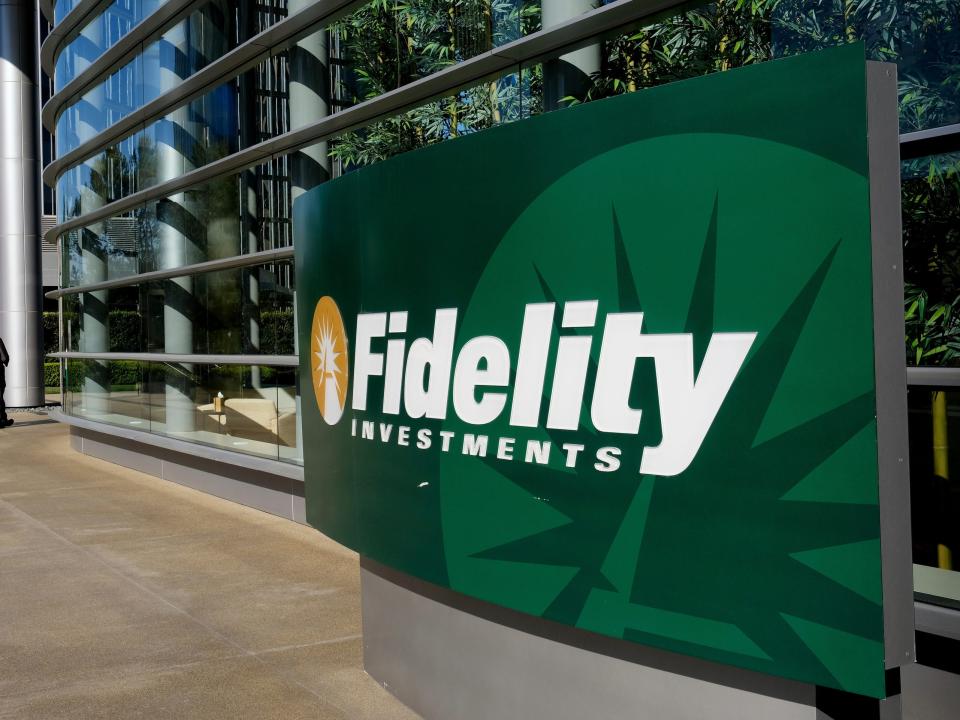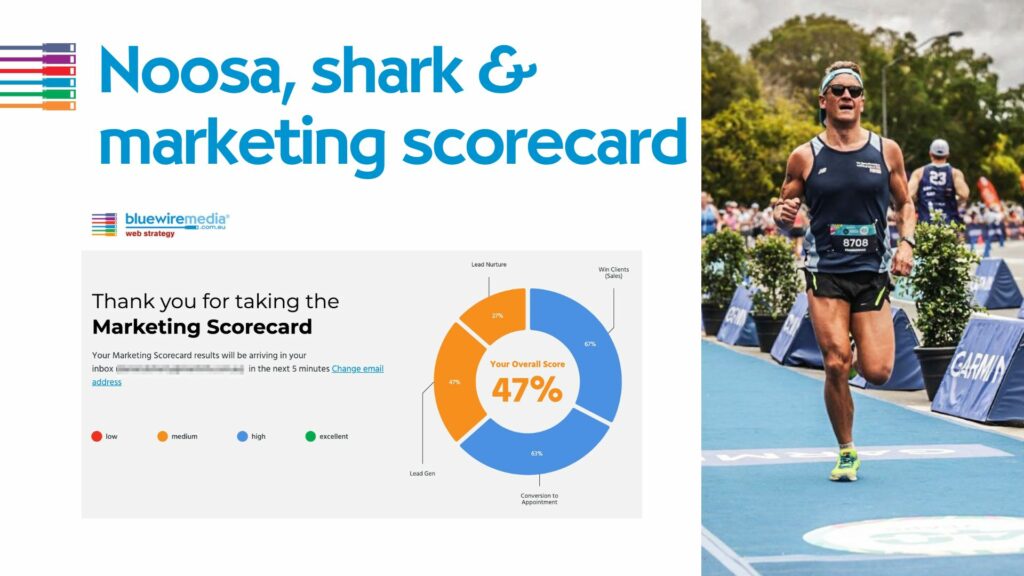
-
Despite a flat start to September, the S&P 500 index is still boasting impressive year-to-date gains.
-
The benchmark stock-market gauge is up by over 16% so far in 2023, but one expert sees the rally losing steam.
-
The secular bull market for equities is in its “twilight”, according to Fidelity Investments’ global macro head Jurrien Timmer.
A surge in artificial intelligence-related tech shares has buoyed the stock market this year, in spite of the Federal Reserve’s most aggressive monetary-tightening campaign since the 1980s.
But one expert believes the rally is close to petering out, as rising bond yields erode the appeal of equities.
Two-year Treasuries now pay a yield of almost 5%, near the highest levels since 2006 – such high returns on government bonds, which are considered the safest investments, tend to dent the attractiveness of riskier alternatives such as equities. Bonds maturing in 10 and 30 years pay 4.26% and 4.36%, respectively.
“It all suggests that the secular bull market for equities is in its twilight,” Jurrien Timmer, director of global macro at Fidelity Investments, wrote in a LinkedIn post Tuesday.
“It seems safe to assume that we will go from double digits to single digits in the years ahead, with valuations bearing the brunt of the reset.”
Timmer cited higher bond rates as the main threat to stock prices. Two-year Treasury yields have surged by about 480 basis points in the past two years, as the Federal Reserve jacked up interest rates to fight inflation. Ten-year debt rates climbed about 400 basis points in the same period.
“If long yields keep climbing, it will leave a mark on valuations, per the discounted cash flow model (DCF), regardless of earnings. The secular outlook is already challenged by the valuation backdrop.”
Timmer isn’t the only one who is adopting a cautious stance on equities.
Strategists at JPMorgan said in a recent note that they were “staying defensive” on stocks, given “rich valuations and excessive optimism” in the market.
“US earnings are contracting, and consensus expectations for next year appear too optimistic given an aging business cycle with very restrictive monetary policy, rising cost of capital, lapping of very easy fiscal policy, eroding consumer savings and household liquidity, and elevated risk of a recession,” they wrote.
Read the original article on Business Insider


